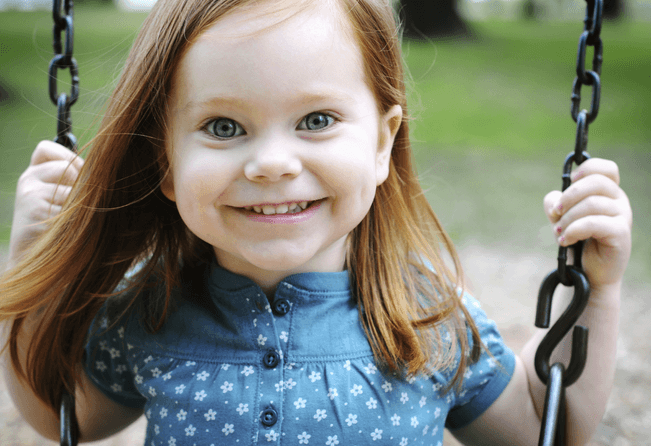It is not always easy to get children to express their emotions. As they get older, children may become less willing to let their feelings show easily.
From a very young age, tantrums and crying are usually the most common form of communication in children, since they still do not speak or have very few words to be able to express what they feel with skill and minimum efficiency.
That said, let's consider tantrums and crying for what they are: ways of communicating to show that they want something, that they are hungry, that there is pee or poop in their diaper and they are not comfortable, that they are hot or cold....
But babies are growing, evolving and developing at all levels, both physically and psychologically. Therefore, as their vocabulary grows and their ability to speak improves, we have to work with them so that they learn to express themselves properly, not only to ask for what they need or talk about their tastes and preferences, but also to understand their emotions and feelings, and so that they can verbalize them without any problem.
As a general rule, children do not usually show problems in expressing frustration. When they have to do something they don't like, such as taking a shower, changing clothes, picking up their toys... It is not common for them to show reluctance with their famous "I don't like it", "I don't feel like it", "I don't want to", etc.
However, anger, happiness, situations that bother them, even if they do not know exactly why... In these areas we have to work harder and harder, because the children are not clear about what is happening to them, as they are not able to identify their emotions.
Learn how to get your child to express his or her emotions.
Having said that, we are going to give some guidelines so that the child, no matter how old he is, learns how to express his emotions freely, which will help him to manage his feelings in a better way, accepting them and enhancing the positive ones while minimizing the negative ones.
Let it express itself freely
We must help and encourage children to express themselves freely. This encouragement will help them understand that their emotions do not have to be hidden, nor do they make them better or worse, only human.
Active listening
When the child expresses himself, we will listen to him actively, attentively, giving him the importance he deserves. Just as we, as adults, like to be listened to and taken into account, the same is true for children.
Accept children's feelings
Sometimes we tend to criticize or minimize children's feelings, which means that we do not accept them, and neither do they. Thus, the little ones feel uncomfortable, little respected, thinking that what they feel has no importance or value.
Let's accept their feelings and, if they are angry, instead of dismissing the emotion, let them know that we can be empathetic enough to understand them, and also to guide them in the best way.
Listen reflexively
Reflective listening is the exercise of letting the child know that we are listening to him, that we understand what he thinks, and that we also understand what he feels. In this way the child will feel that we empathize, and that will help us to support him, to give him ideas to express his emotions, to handle them in a more appropriate way, etc.
From the specialized psycho-pedagogical cabinet of Logos Nursery School Nursery School in Las Rozas de Madrid we can help you to achieve that the child expresses his emotions and develops properly, in psychological and physical fullness, so that he enjoys a happy life full of positivity and joy.

